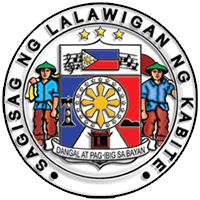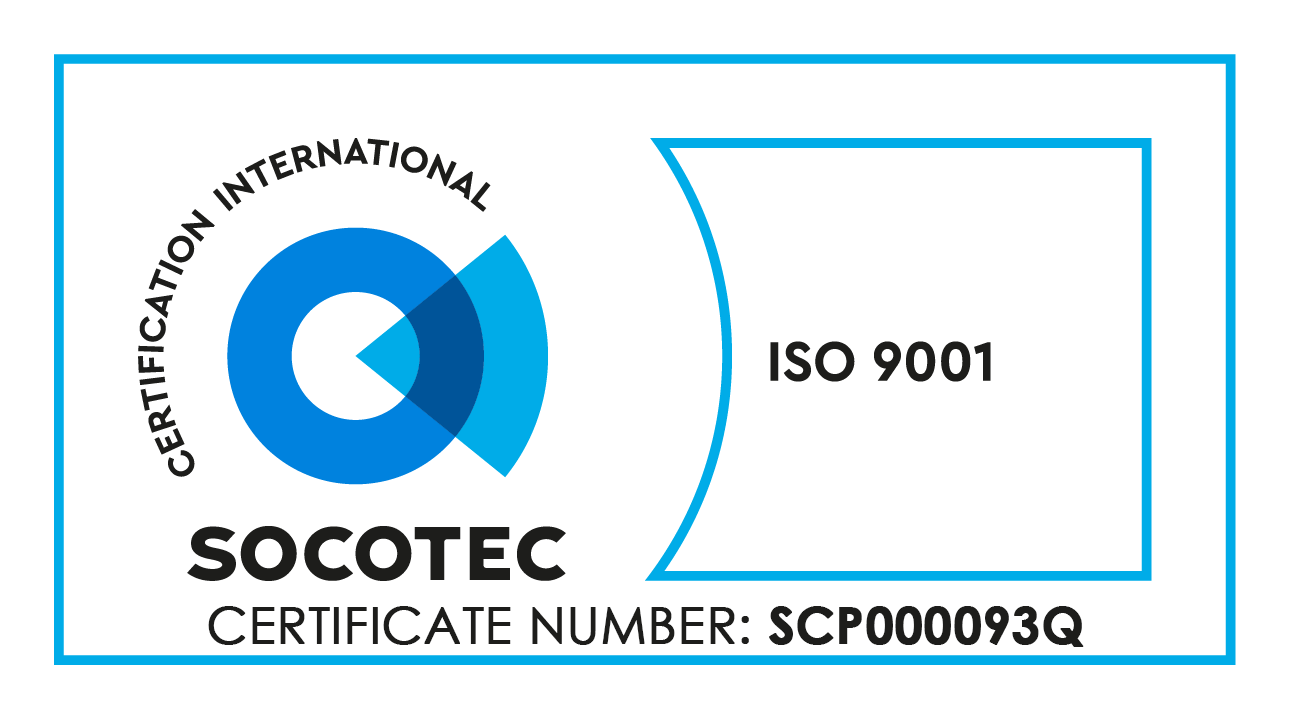Cavite Provincial Health Office called for a meeting of the provincial nutrition cluster and all the city/municipal nutrition action officers in Cavite on January 23, 2020 at the Cavite Collaboration Center for Public Health, Trece Martires City to assess the situation particularly the nutrition status of the evacuees affected by the Taal Volcano Eruption in evacuation centers and those fostered by relatives in order to synchronize the actions of the national, the regional, provincial down to the city and municipal nutrition councils
Dr. Nelson Soriano, head of the Provincial Epidemiology and Surveillance Unit reported the immediate response conducted by the Provincial Health Office through rapid health assessment and needs analysis in evacuation sites and in communities where evacuees are fostered by their relatives. They have provided Vitamin A supplementation and immunization among children aged 0 – 59 months, deworming, onsite health checkup, conducted medical and dental missions, anti-dengue misting, among others. Dr. Soriano stressed some vital provisions that need to be established in evacuation areas including breastfeeding area, isolation room and quarantine area to prevent any possible transmission of communicable disease, availability of onsite medical services for early diagnosis and treatment of medical conditions, couple’s room, adequate comfort rooms, clean water facility and the likes. He also noted several cases observed during surveillance like hypertension, diabetes and respiratory health problems and continuously monitoring to provide the necessary interventions.
Nutrition action officers of the different cities and municipalities also reported on the situation of evacuees in their localities and the actions that have been undertaken by the LGUs. Aside from the health and nutritional status assessment, they also help setup mother and baby-friendly spaces, advocated breastfeeding and information dissemination on the ban of infant formula for donations, prepositioned supplies of ready to use supplementary food and continuously monitors the nutrition status especially of children and pregnant or lactating mothers.
Cluster members from the International Institute for Rural Reconstruction Ms. Kirstein Itliong and Ms. Camille Valdemoro explored the possibility of setting up community kitchen in evacuation areas and setting up of Mother-Baby-friendly and Mother-Baby spaces in partnership with their organization and other donors that may be tapped.
Ms. Carina Santiago, Regional Nutrition Cluster Head summed up the agreements that were made during the meeting including the provision of nutrition supplements and nutrition services, daily submission of reports to the province, relaying of needs to the regional office for linkage and provision and information campaign on EO 51 on the ban of infant formula for donation through the Department of Education.































Executive Order No. 19 Series of 2024